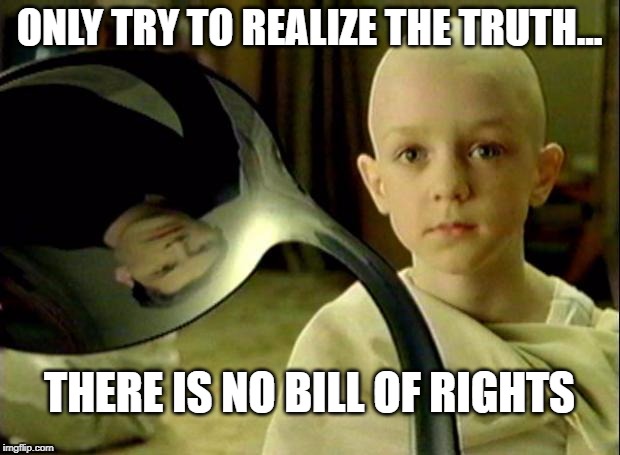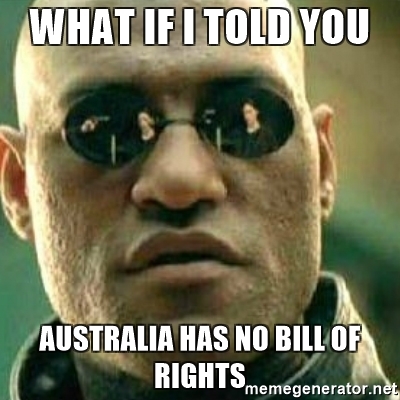
In regards to the Bill Of Rights, Barron v. Baltimore (1833) said it does not apply to the states. It only applies to the Federal government.
When reading Barron v. Baltimore, you need to digest these facts. John Baron (plaintiff) sued the Mayor (defendant) of Baltimore for damages. Baron claimed a Baltimore building project ruined his wharf business by lowering the water levels. Lower courts awarded Barron $4500, but an appeal court reversed that judgment.
The issue is straight forward in this case: Does the Constitution’s Fifth Amendment apply to states?
When confused about the holding, here’s the rule of this case: The Bill Of Rights only applies to the Federal government. It doesn’t apply to states.
At the time of this case, literally, the Supreme Court read the First amendment to apply to Congress. The First Amendment said, “Congress shall not…” Rights such as free speech, exercise, assemble, press, petition the government, etc, only applied to the Federal government. During this time, the Court read the first 8 Amendments to apply to the Federal government.
Moreover, a state could establish a state official religion. Freedom of religion only existed at the Federal government level; therefore, states could establish a state official religion. Indeed, some states had established state religions.
When it comes to civil rights in this case, states failed in hindsight. For example, they didn’t have to follow the First Amendment’s free speech, so they shut down abolitionists printing presses. Also, African Americans weren’t extended the second amendment right in an effort for gun control since they weren’t citizens. Barron wasn’t the only one to suffer.
Before the Fourteenth Amendment and this case, state officials violated the civil rights of African Americans. States denied African Americans citizenship, voting rights, right to own property, contract making rights, or even to earn a living. Furthermore, the Enforcement Act of 1870 was passed to stop state government officials from lynching African Americans. Finally, selective incorporation of the Bill Of Rights stopped civil rights violations for the most part.

Because of no Fourth Amendment enforcement, states conducted illegal searches. States could search any place for slaves. At the state level, the right to privacy for citizens was limited, and it didn’t exist for non-citizens.
When this case was decided, the people felt the decision was right, although that later changed. The people felt the state should govern and there should be a limited role for the Federal government. Also, the people had different sensibilities, for it was a different time. Nevertheless, today, most people feel a lack of civil rights is wrong; that being said, our sensibilities are more delicate and people have different morals.
However, the Rehnquist Court of the 1980s returned to Federalism after 50 years. Because of cases like US v. Lopez, Rehnquist court cases reflected a shift to state rule. In the United States, this federalist trend continues with cases like US v. Morrison and US v. Printz.
Overall, Barron v. Baltiimore is interesting. It gives us a glimpse into a time when no Bill Of Rights existed at the state level. This case shows us how state rule might of looked for the most part.
